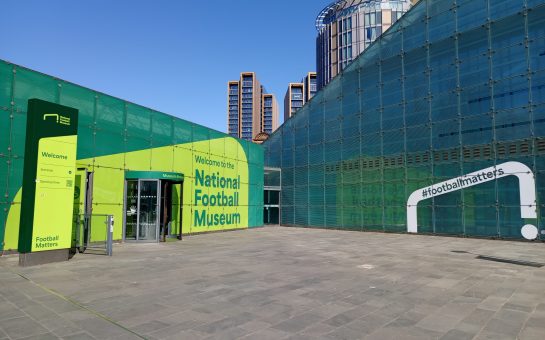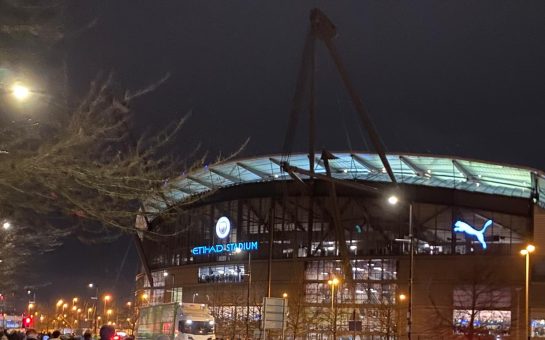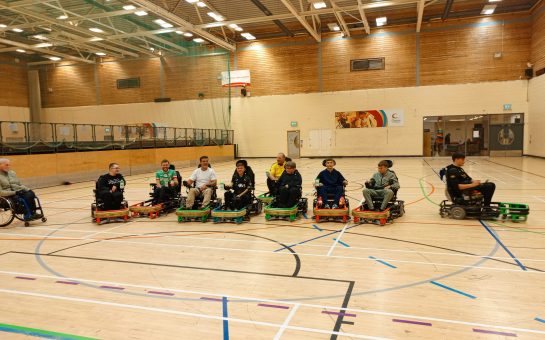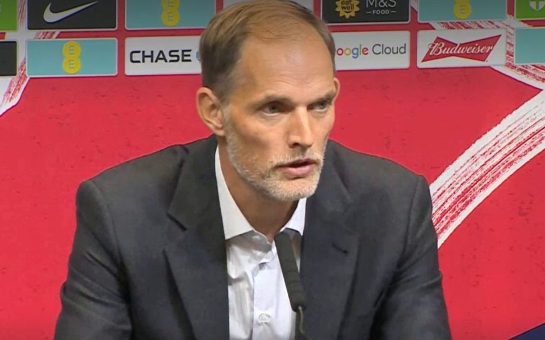The world’s oldest professional trade union, The Professional Footballers’ Association (PFA), was founded on December 2 1907.
There had been a short-lived attempt at forming a union at the turn of the 19th century, with the Association of Football Players’ and Trainers’ Union, but after it whimpered away after three years the PFA was introduced and has stayed put ever since.
The union made significant strides toward making the players not just professionals but paid the sort of money entertainers receive. They prevented the introduction of a maximum wage, which was proposing to limit pay to £4 a week, and within two years after founding threatened going on strike before withdrawing that proposal after the FA reinstated their recognition of the group.
The union suffered over the next 40 years, barely staying financially afloat and struggling to make strides for the players in an ever-modern game.
Just like today, wages were a hot topic back in the 20s and in an effort to save the clubs, the union agreed for players’ wages to be capped at £9 a week. It seemed like their work could only go so far with the FA and the clubs holding the power over the players.
As the game grew in popularity and players become part and parcel of the celebrity world, the role of the union changed. They now focus more on life off the pitch with further education courses and rehabilitation the key initiatives.
Players’ wages are increasing all the time and “player power” is at an all time high with many forcing their way out of a team when a bigger or better offer arrives.
This has diminished the union’s role, but they still play a part, with the former chairman Gordon Taylor very vocal after Luis Suarez racially abused Patrice Evra back in 2011.
Whenever a player goes on strike when trying to force their way out of the club, the public are not very forgiving and sympathy can be hard to find. Most of the time they get their way, whether it is in that transfer window or the next, making it appear like the need for a players’ union is small.
This argument has been tested recently as unions came back into the news in recent weeks after Napoli chairman Aurelio De Laurentiis forced his players to go into a 7-day-a-week training camp.
The players refused and on Wednesday their star player Lorenzo Insigne was fined 350,000 for allegedly organising a mutiny against the chairman’s reaction to a string of very poor results.
Despite a good draw against Liverpool in the Champions League it is clear that the players, the staff and the manager are not happy with the way De Laurentiis is treating them.
They have all been barred from speaking to the press, with Ancelotti only talking to the media prior to the Liverpool fixture because not doing so would have broken Uefa rules.
The Italian Footballers’ Association (AIC) president Damiano Tommasi commented: “The Napoli situation is a strange one and very unusual.
“We talked about it with the team and put ourselves at the disposal of the Napoli players who will ask for our consultation.
“Now we need to figure out what the club’s claims are in the paperwork. I can confirm that the issue of a training retreat is one that must exclusively be decided by the coach as a technical decision.
“We also need to identify precisely how the training retreat was formally communicated to the players and coach.”
The AIC did their part, but after three weeks of discussions each player was fined with Insigne and Brazilian defensive midfielder Allan facing the biggest hits for their alleged involvement in the mutiny.
It’s worth remembering that despite the fame, wealth and status that footballers afford, sometimes the way they are treated and the conditions they are asked to work in are not up to standard.
It’s all well and good to scoff at the idea of multi-millionaires needing protection, especially at a time when lecturers are on strike after a continued assault on their pensions.
But if the role of the players’ union is shown to be vital for people who can afford a 350,000 hit to their salary, then it highlights how necessary it is for people who seemingly have no power in the workplace.
The PFA have not had to intervene like the AIC for a very long time, but with owners getting richer and richer and demand for success higher every season, it might not be too long before they intervene in the Premier League.
If that time comes I suggest supporting the players and the union because at the end of the day an assault on workers is an assault on workers.



